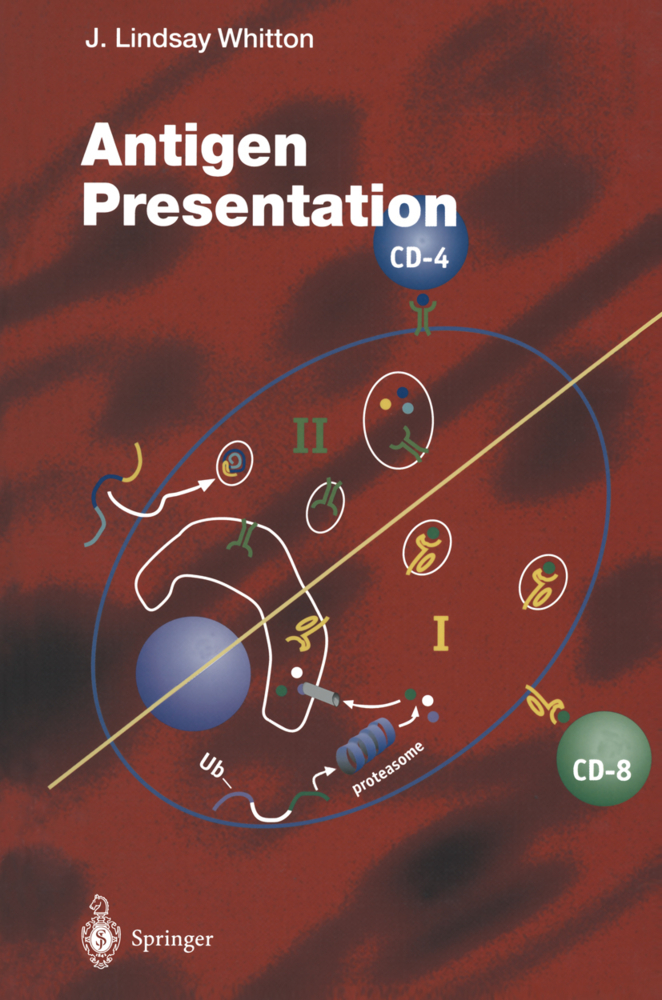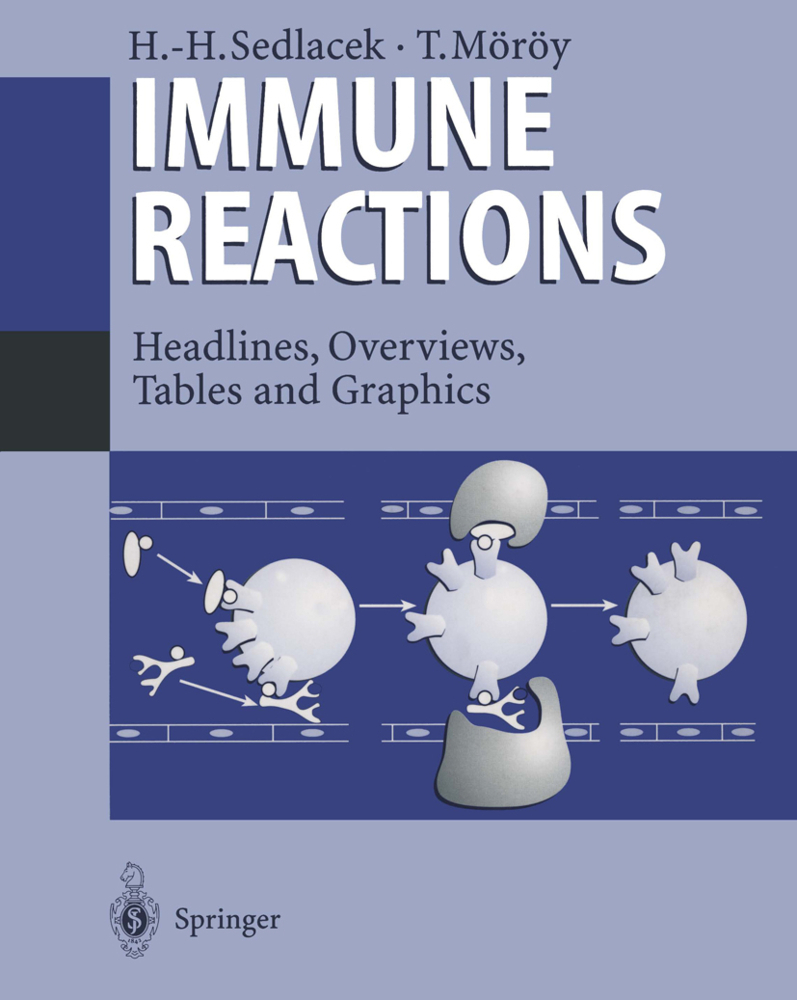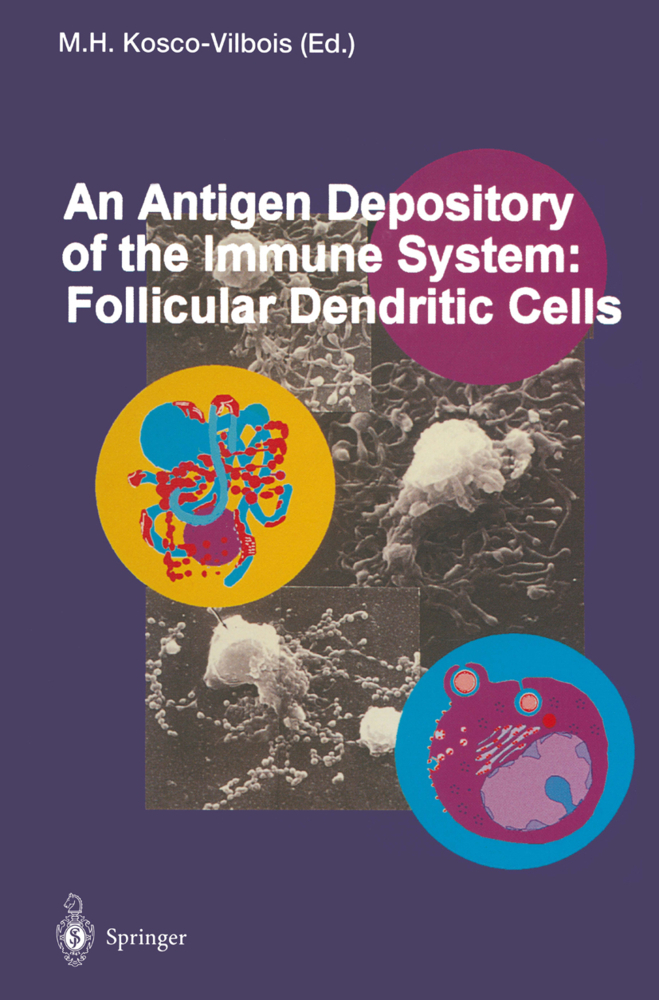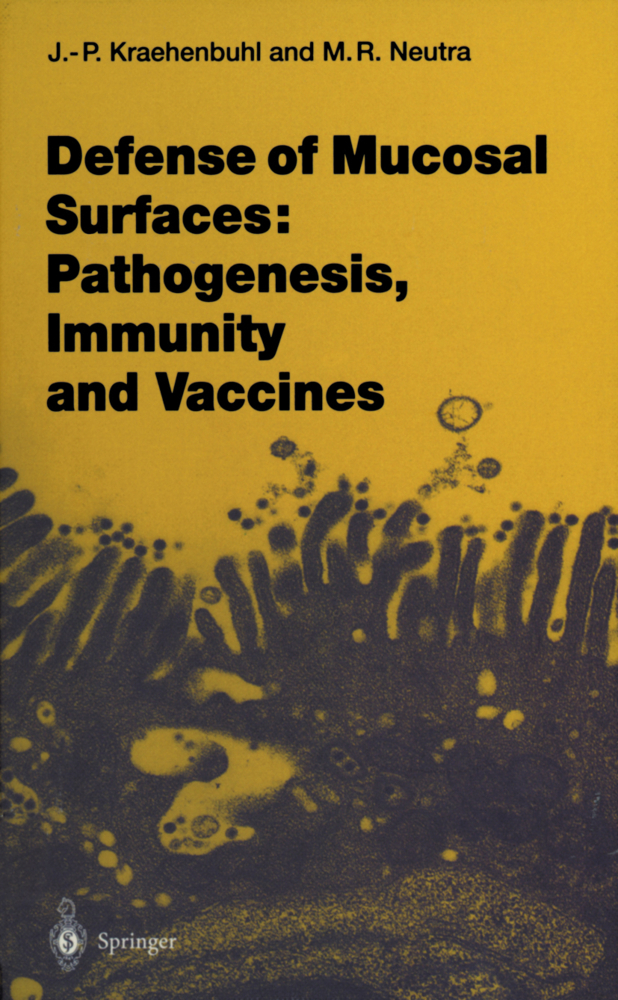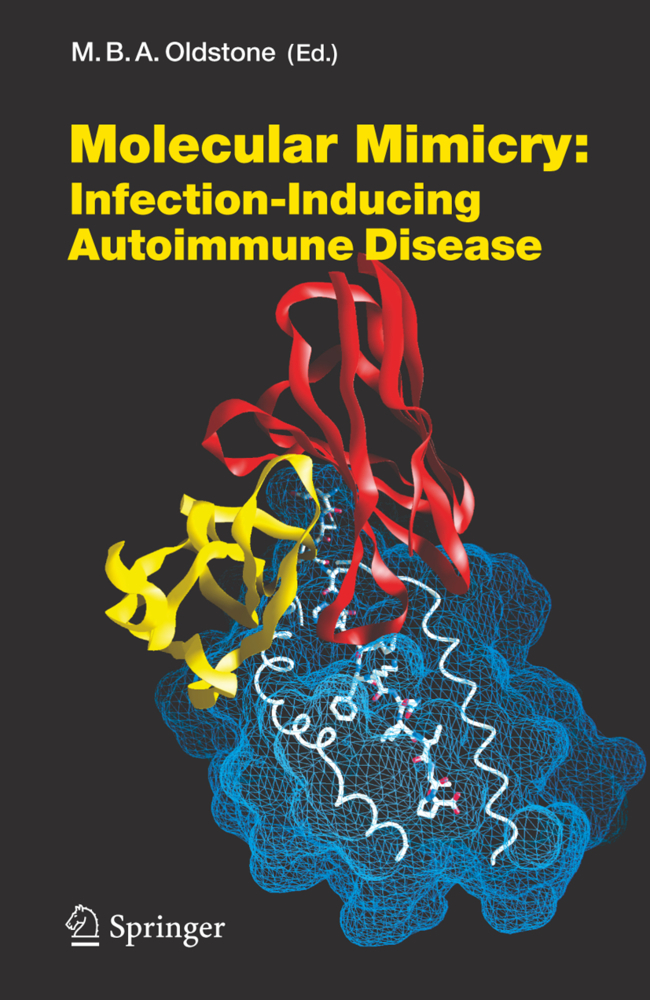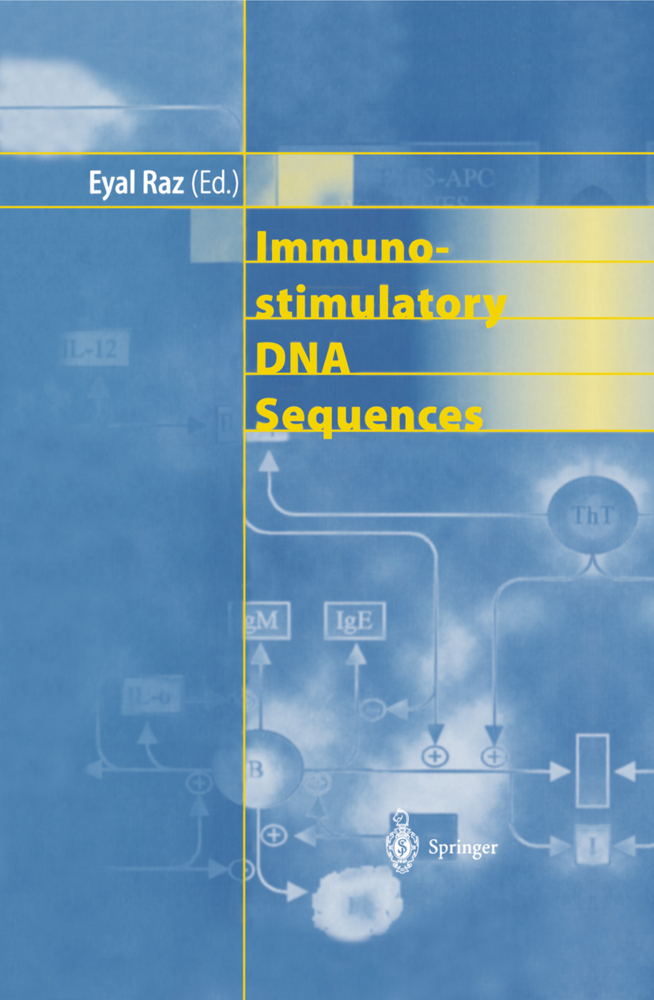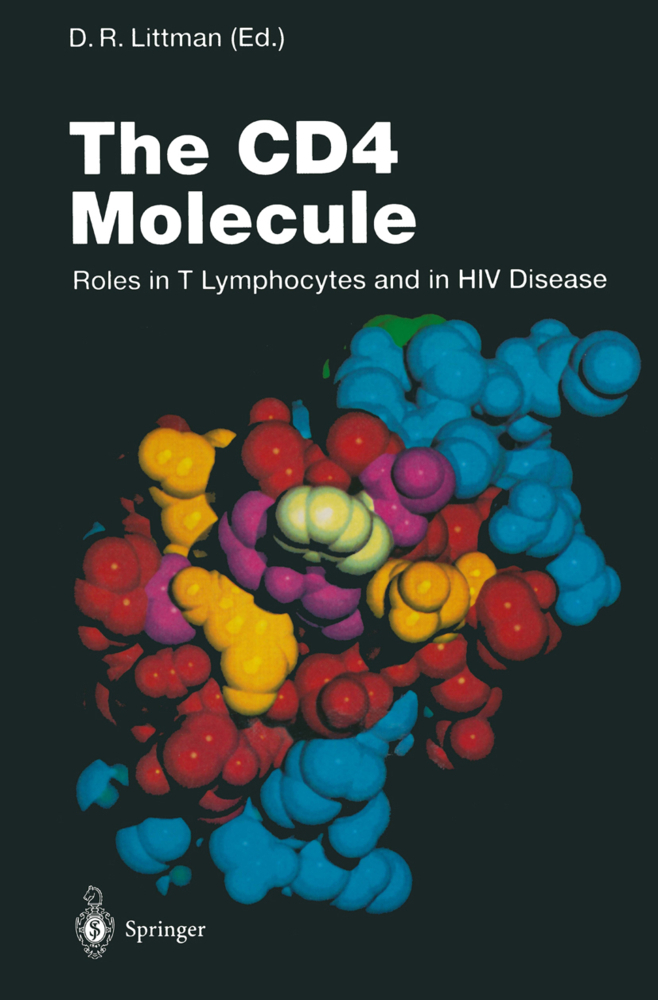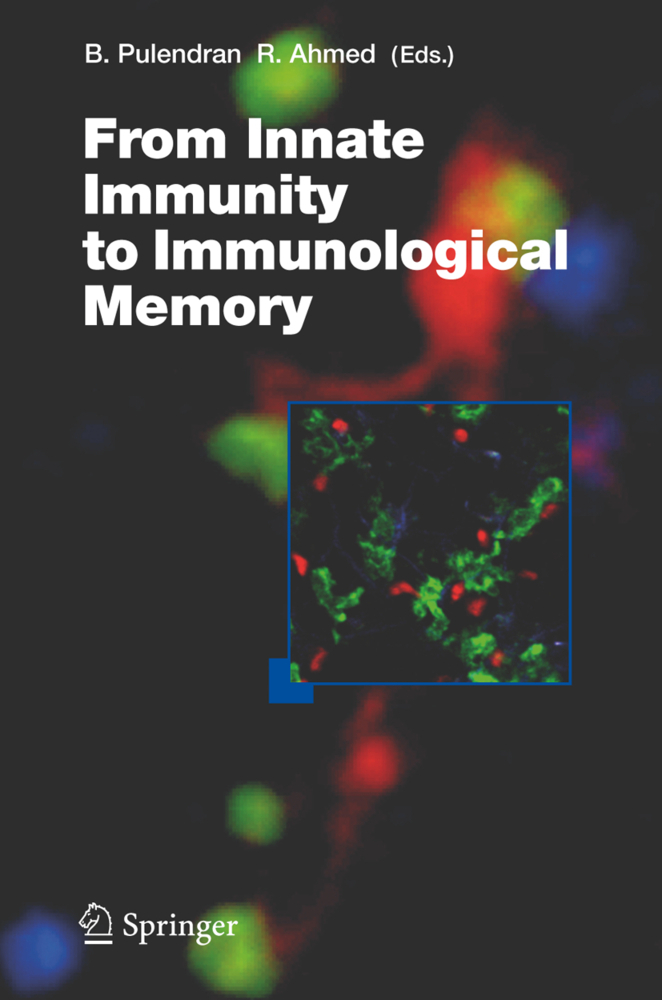Antigen Presentation
Antigen Presentation
Antigen presentation is central to the immune response, and is instrumental in ensuring that the response mounted is that best suited to the eradication of the particular microbe faced. In this volume, experts in the field provide state-of-the-art descriptions of the antigen presentation pathways. How do viruses disrupt these critical pathways, and to what effect? Do all tissues present antigen in the same way? If not, why? What are the consequences of dysfunctional antigen presentation, seen in certain genetic disorders? This book considers not only the molecular details, but also their relevance to the whole organism.
Molecular Requirements for Assembly and Intracellular Transport of Class I Major Histocompatibility Complex Molecules
Peptide-Major Histocompatibility Complex Class I Complex: From the Structural and Molecular Basis to Pharmacological Principles and Therapeutic Applications
Immune Response of ?2-Microglobulin-Deficient Mice to Pathogens
CNS Neurons: The Basis and Benefits of Low Class I Major Histocompatibility Complex Expression
Suppression of MHC Class I Antigen Presentation by Human Adenoviruses
Herpesvirus Evasion of the Immune System
Intracellular Transport of Molecules Engaged in the Presentation of Exogenous Antigens
Biologic Consequences of Defective Major Histocompatibility Complex Class II Presentation.
An Overview of Antigen Presentation and Its Central Role in the Immune Response
How Do Endogenous Proteins Become Peptides and Reach the Endoplasmic ReticulumMolecular Requirements for Assembly and Intracellular Transport of Class I Major Histocompatibility Complex Molecules
Peptide-Major Histocompatibility Complex Class I Complex: From the Structural and Molecular Basis to Pharmacological Principles and Therapeutic Applications
Immune Response of ?2-Microglobulin-Deficient Mice to Pathogens
CNS Neurons: The Basis and Benefits of Low Class I Major Histocompatibility Complex Expression
Suppression of MHC Class I Antigen Presentation by Human Adenoviruses
Herpesvirus Evasion of the Immune System
Intracellular Transport of Molecules Engaged in the Presentation of Exogenous Antigens
Biologic Consequences of Defective Major Histocompatibility Complex Class II Presentation.
Whitton, J. L.
| ISBN | 978-3-642-72047-5 |
|---|---|
| Artikelnummer | 9783642720475 |
| Medientyp | Buch |
| Auflage | Softcover reprint of the original 1st ed. 1998 |
| Copyrightjahr | 2012 |
| Verlag | Springer, Berlin |
| Umfang | X, 244 Seiten |
| Abbildungen | X, 244 p. 3 illus. in color. |
| Sprache | Englisch |

